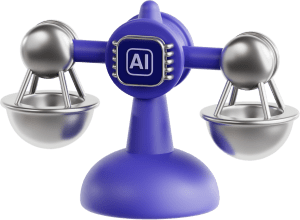AI in Litigation: How to Navigate Compliance Risks and Win in 2025
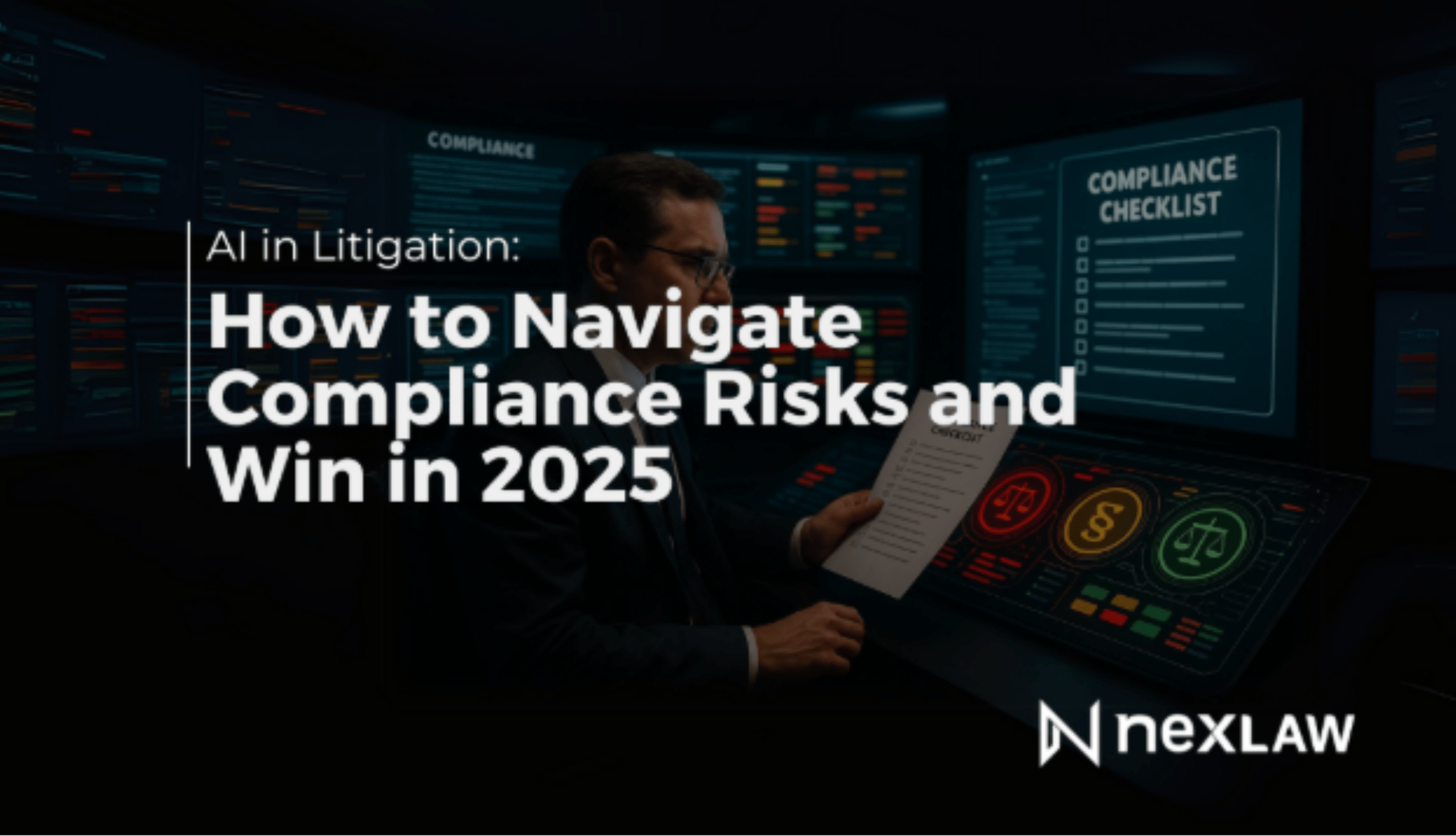
AI in Litigation: How to Navigate Compliance Risks and Win in 2025
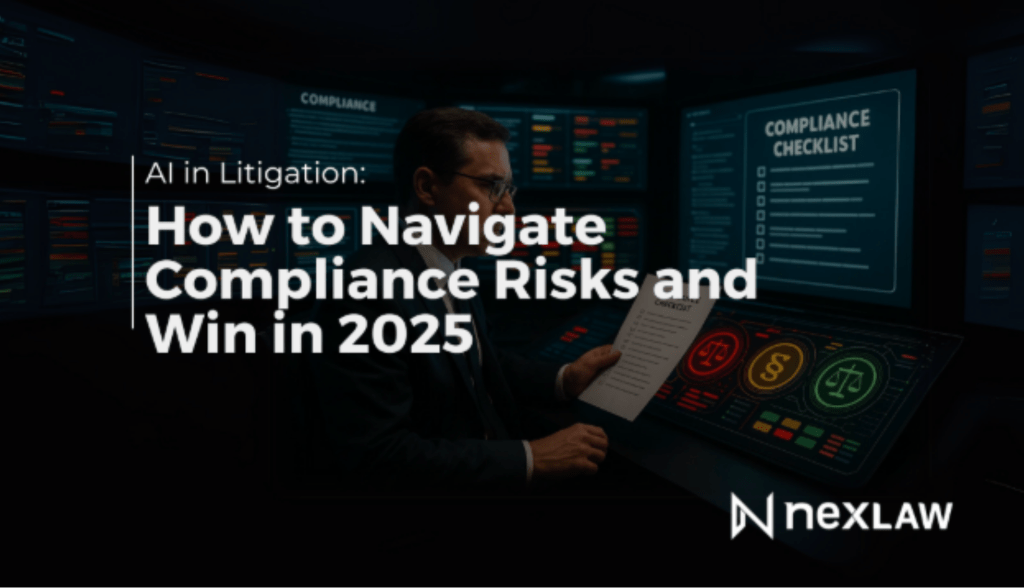
The adoption of litigation AI tools by US law firms has surged, with 63% of attorneys now using AI for case research, drafting and strategy; up from 42% in 2023. But behind this efficiency revolution lies a regulatory minefield. From $5 million DOJ settlements to bar sanctions for AI “hallucinations,” legal professionals face unprecedented compliance risks. This article unpacks the regulatory challenges of litigation AI in 2025, analyzes landmark enforcement cases and reveals how next-gen platforms like NexLaw AI are redefining safe, ethical AI adoption.
Case Study 1: The $5 Million DOJ Settlement That Shook the Legal AI Industry
In April 2025, the Department of Justice (DOJ) charged the founder of a prominent legal AI startup with securities fraud after its platform allegedly fabricated case law used in 17 federal court filings. The AI tool, marketed as “court-ready,” generated citations to non-existent Supreme Court decisions, leading to sanctions against three major law firms. The DOJ’s $5 million settlement underscored a harsh new reality: Lawyers bear ultimate responsibility for AI outputs under Rule 11 of the Federal Rules of Civil Procedure.
This case exemplifies the three core regulatory challenges facing litigation AI:
- Compliance with federal AI accountability frameworks
- Data privacy under GDPR/CCPA for cross-border cases
- Ethical obligations under ABA Model Rule 1.1’s tech competence mandate
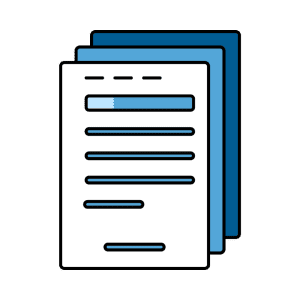
Get ahead of the curve with our free Guide to Starting Using Legal AI!
The Compliance Tightrope: Federal vs. State AI Regulations
Federal Enforcement Trends
The FTC’s 2024 AI Accountability Rule requires law firms using AI to:
- Maintain audit trails of AI-generated content
- Disclose AI use in client communications
- Validate training data sources for bias
In 2025, the DOJ expanded its AI Task Force, securing 12 settlements totaling $28 million from legal tech providers whose tools violated:
- § 1782 discovery protocols
- HIPAA data handling standards
- SEC disclosure requirements for predictive analytics
State-Level Patchwork
40 states have adopted variations of ABA Model Rule 1.1’s Comment 8, mandating:
- Regular AI training for attorneys (CA, NY, TX)
- Client consent forms for AI use (IL, FL)
- Manual verification of AI outputs (MA, PA)
A Texas federal judge’s 2024 ruling in In re: AI-Generated Brief Sanctions set precedent:
“Reliance on AI without human verification constitutes reckless disregard for factual accuracy under FRCP 11(b).”
Data Privacy Landmines in Litigation Workflows
Cross-Border Conflicts
A 2025 Minnesota federal case (DataWatch v. LegalAI Co.) fined a firm $2.3 million when its AI tool:
- Processed EU client data without GDPR-compliant encryption
- Stored deposition videos on unsecured cloud servers
- Generated privileged documents accessible to third-party vendors
Privilege Preservation
The California Bar’s 2024 advisory opinion clarified:
- AI training data containing case files must be anonymized
- Prompt engineering logs are discoverable
- Clients must approve AI use in engagement letters
See NexLaw in Action
Start your free trial and kick off your legal AI journey with a personalized demo
*By submitting the form, you agree to the Terms of Service and Privacy Policy
Ethical Obligations: When AI Competence Becomes Mandatory
The 40-State Standard
Per LexisNexis’ 2025 Tech Competence Survey:
25%
of sanctions motions now cite AI misuse
40 states
require CLE credits in AI
ethics
29%
of malpractice claims
involve AI errors
Landmark Disciplinary Actions
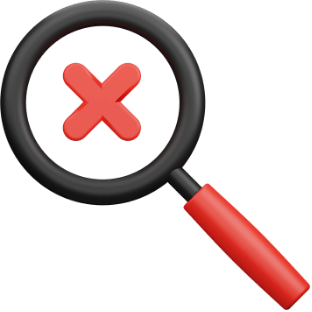
Wyoming Federal Court (2025):
Two attorneys suspended for 6 months after ChatGPT fabricated 22 case citations in a Walmart labor dispute.
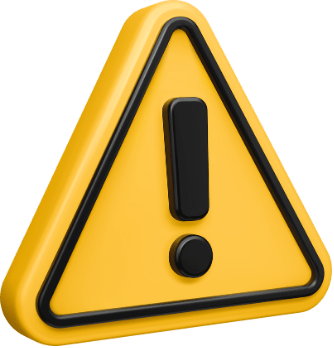
Bias and Misinterpretation:
AI models trained on biased data may misread emotions or cultural nuances, potentially exacerbating conflicts.
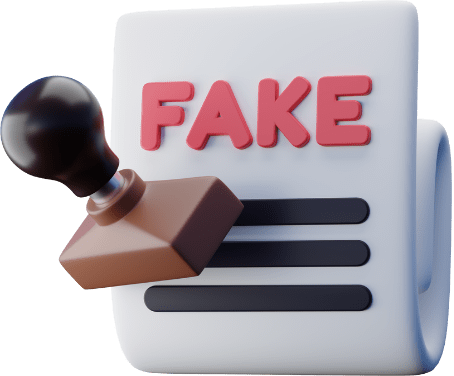
Texas Disciplinary Board (2025):
First-ever disbarment for deliberately using AI to forge evidence.
NexLaw AI: Best AI for Lawyers
NexLaw AI addresses these challenges through:
Regulatory Safeguards
- Built-in FRCP 11 validation checks for all citations
- Automated audit trails meeting FTC/DOJ standards
- State-specific disclosure templates (50+ jurisdictions)
Privacy by Design
- End-to-end encryption for privileged communications
- Court-adopted § 1782 discovery protocols
Conclusion: Future-Proof Your Practice with Compliant AI
The 2025 legal landscape demands AI that doesn’t just work it complies. With 40% of firms facing AI-related sanctions and client trust hanging in the balance, platforms like NexLaw AI offer more than efficiency; they provide regulatory armor.
Ready to transform risk into advantage? Book a NexLaw AI demo today or subscribe to stay ahead of the compliance curve.
Interested In Features Like This?
Receive complimentary access to our resources and a personalized live demo tailored to your needs.
